T4K3.news
Vulcan rocket to conduct military mission next week
The United Launch Alliance's Vulcan rocket is set for launch on August 12 from Cape Canaveral, Florida.
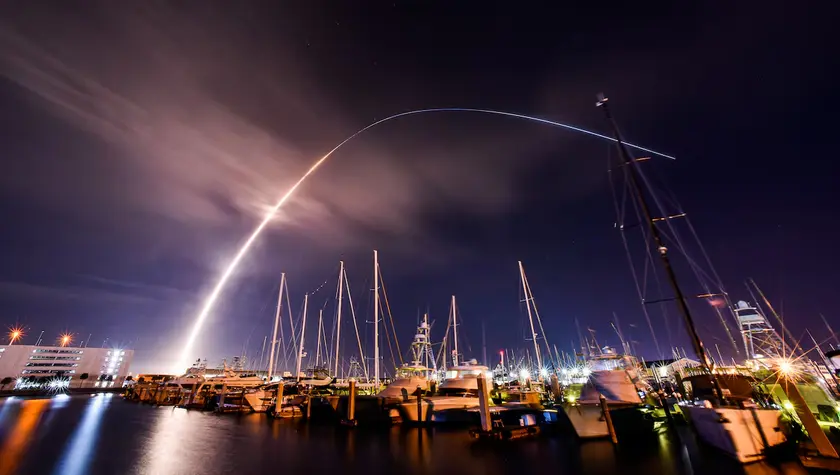
The mission marks a significant achievement for United Launch Alliance.
Vulcan rocket set for next week's important military mission
United Launch Alliance’s Vulcan rocket is prepared to conduct its first military launch next week, pending range approval. This launch is scheduled for August 12 from Cape Canaveral Space Force Station in Florida, carrying critical Space Force satellites intended for geosynchronous orbit at about 22,000 miles above Earth. The Vulcan rocket's development started in 2014 and follows two successful demonstration missions earlier this year. It aims to replace the Atlas V rocket and marks a new chapter for ULA, which has traditionally provided military launch services. The Space Force had previously certified the Vulcan in March, making ULA a key player alongside SpaceX in national security missions. The mission, named USSF-106, is significant as it includes the experimental Navigation Technology Satellite-3, which will explore new capabilities to enhance the Space Force’s GPS systems. This satellite is part of the Air Force Research Laboratory's efforts to upgrade satellite technology after nearly 50 years since the last major demonstration.
Key Takeaways
"The Vulcan rocket’s development started in 2014."
This highlights the long-term commitment and innovation involved in military space technology.
"This mission signifies ULA's shift to a new launch vehicle for critical military needs."
The transition to Vulcan marks a significant change in ULA’s approach to military contracts.
"NTS-3 will demonstrate capabilities to augment the Space Force's GPS constellation."
This reflects the military's focus on improving its positioning and navigation systems.
"ULA remains a crucial partner in national security space missions, now alongside SpaceX."
This competitive landscape is vital for innovation in military aerospace.
This upcoming launch reflects a strategic shift in military space operations as ULA steps forward with its Vulcan rocket. The competition with SpaceX highlights a changing landscape where multiple companies are now part of national security missions. As the Space Force invests significantly in satellite technology through contracts worth billions, the success of these missions will likely shape future military capabilities. The introduction of innovative systems like NTS-3 could also redefine the military's approach to GPS and positioning, navigation, and timing systems, which are crucial in modern warfare.
Highlights
- Vulcan represents a new era for military space missions.
- This milestone could reshape the future of GPS technology.
- NTS-3 is pivotal for enhancing Space Force capabilities.
- ULA moves forward while competing with SpaceX.
Potential geopolitical implications of new military space technologies
The launch of the Vulcan rocket and its integration of advanced satellite capabilities could reshape military strategies and heighten tensions with global competitors aiming for supremacy in space.
The launch of Vulcan may set a new standard for military space missions.
Enjoyed this? Let your friends know!
Related News
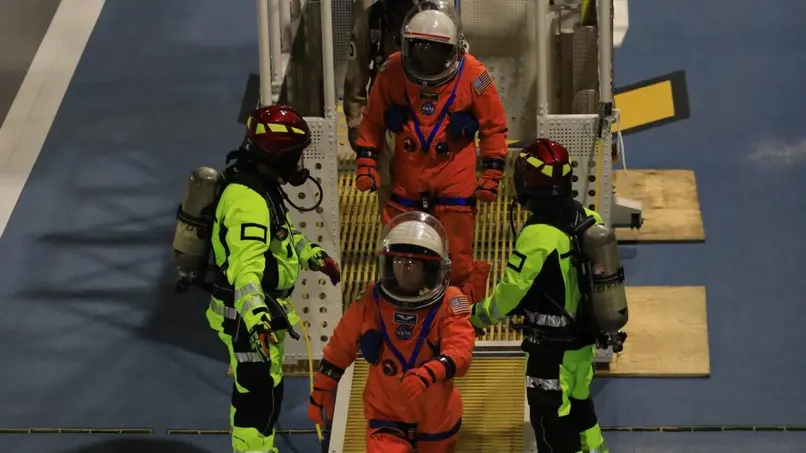
Ariane 6 completes third flight
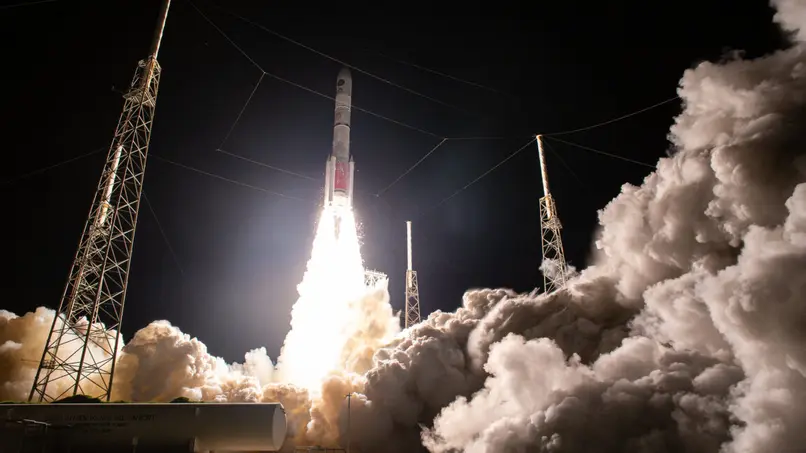
Vulcan launches first operational flight
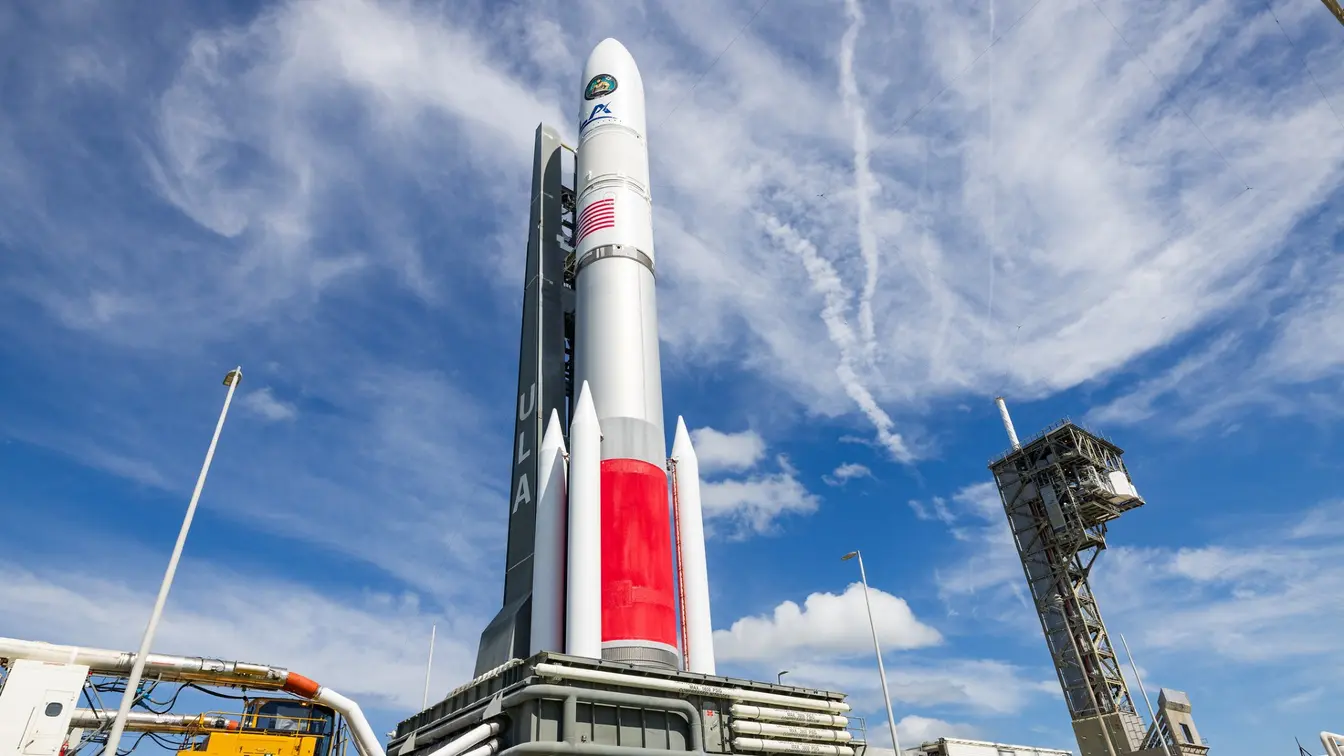
Vulcan Centaur launches experimental military satellite

Trump signals peace talks with Russia ahead of Alaska summit
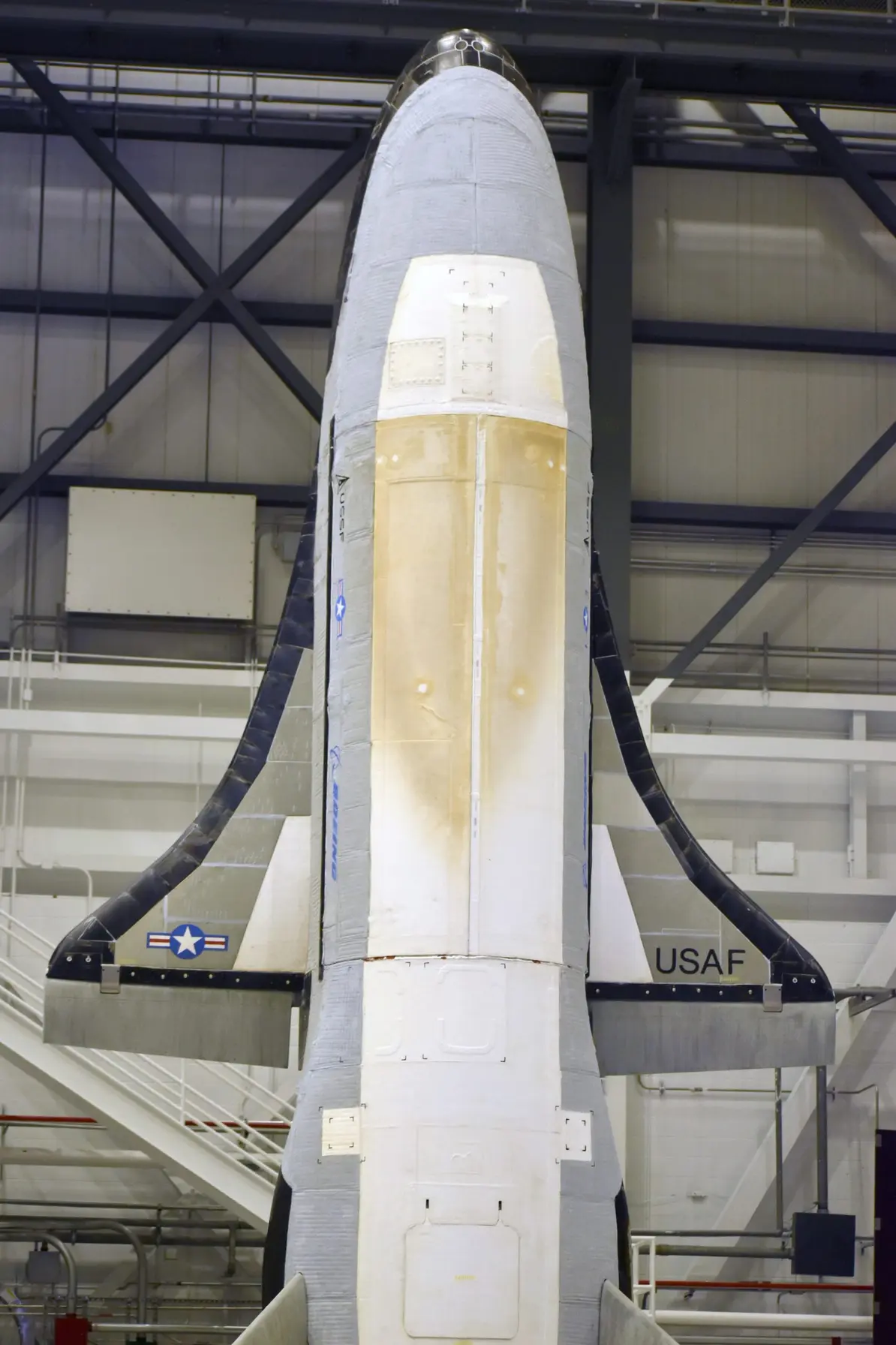
U.S. military X-37B spaceplane set for eighth mission
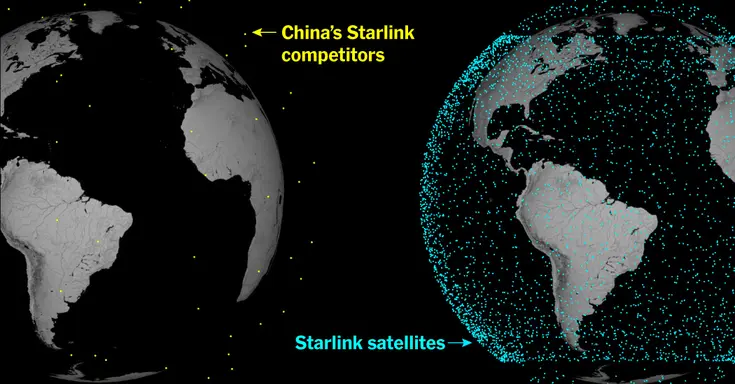
China Falls Behind SpaceX in Satellite Launches

IDF launches intensified offensive in Gaza City
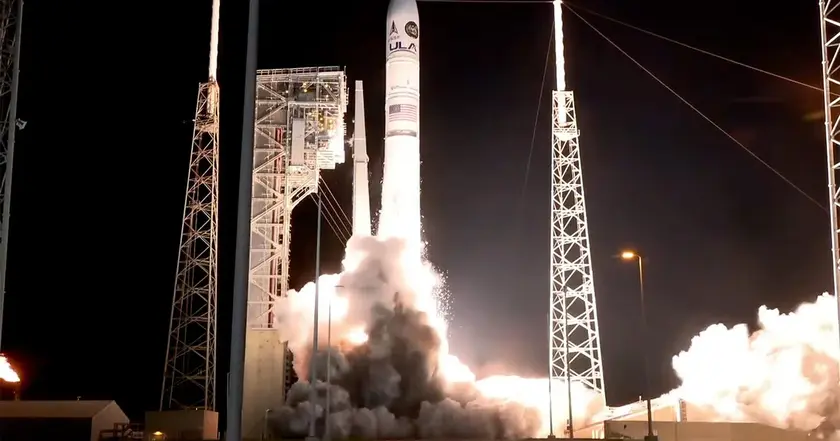
ULA Vulcan lifts off on Space Force sanctioned flight
